Burghley Horse Trials preview: From Paris, with love
British equestrian sport is riding high post-Olympics and next month’s Defender Burghley Horse Trials, which has attracted an illustrious entry, should show it in its best light.
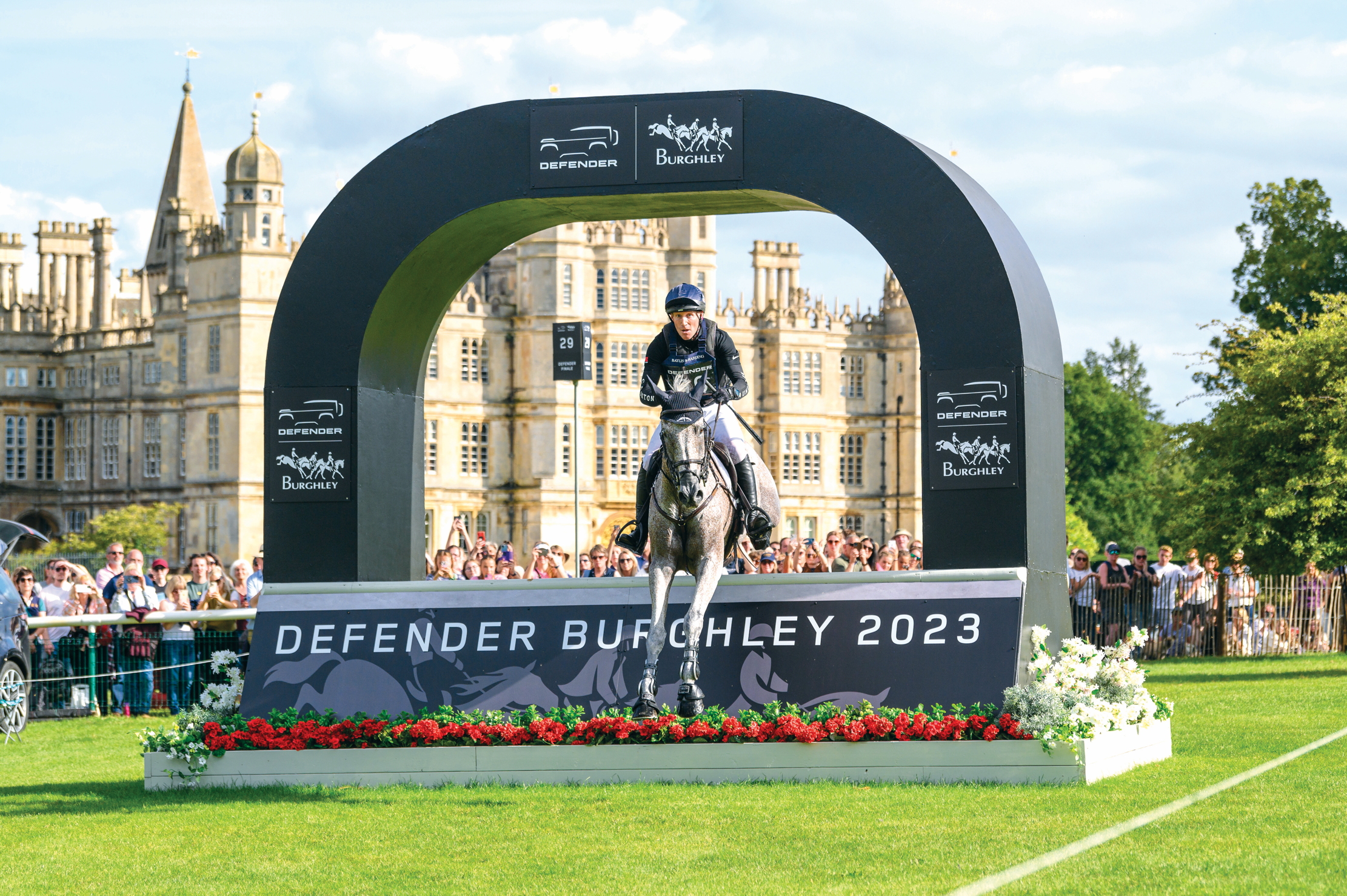

From one spectacular backdrop to another — six weeks ago, Team GB’s gold medal-winning team in Versailles, Paris, provided the best possible advertisement for five-star eventing. Two out of the three horses in the triumphant Olympic squad were Badminton winners: London 52, ridden by Laura Collett, also the individual bronze medallist and part of the winning Tokyo team in 2021; and Lordships Graffalo with Ros Canter. The third, JL Dublin, mount of the now world number one, Tom McEwen, has twice been highly placed at Kentucky, the premier event in the US.
That the British selectors favoured five-star (top-level) equine form will, it is hoped, give a shot in the arm to the world’s highest-rated competitions, of which the Defender Burghley Horse Trials in Lincolnshire (September 5–8) is the second oldest. Apart from the obvious pressure and intensity of the occasion, an Olympic cross-country course is officially a grade lower (at four star) in difficulty and length than the likes of the famously challenging ones at Burghley and Badminton. As a result, many nations do not even factor in five-star form into their selection criteria; for many, a bold, galloping ‘Burghley horse’ is nowadays a different beast from a prospect for championships where cross-country courses tend to be twistier.
There are seven five-star events in the world — two here, two in the US, one each in France, Germany and Australia. Some would say this is too many in the northern hemisphere and is spreading entries too thinly. Fortunately, Badminton and Burghley have history on their side and remain a ‘tick box’ and a rite of passage in most riders’ ambitions, but the start list at Burghley, albeit star studded, will still be shorter than in previous decades.
A fortuitous six-week gap between the Olympics and Burghley means that horses competing in Paris have had enough recovery time to thrill a British audience: one such is Ms Canter’s crowd-pleasing Lordships Graffalo — stable name Walter — who is also the reigning European champion. Another is the grey Colorado Blue, a superb jumper, under class Irish horseman Austin O’Connor. Other Olympic riders will be bringing their reserve horses to Burghley, creating a high-class international entry.
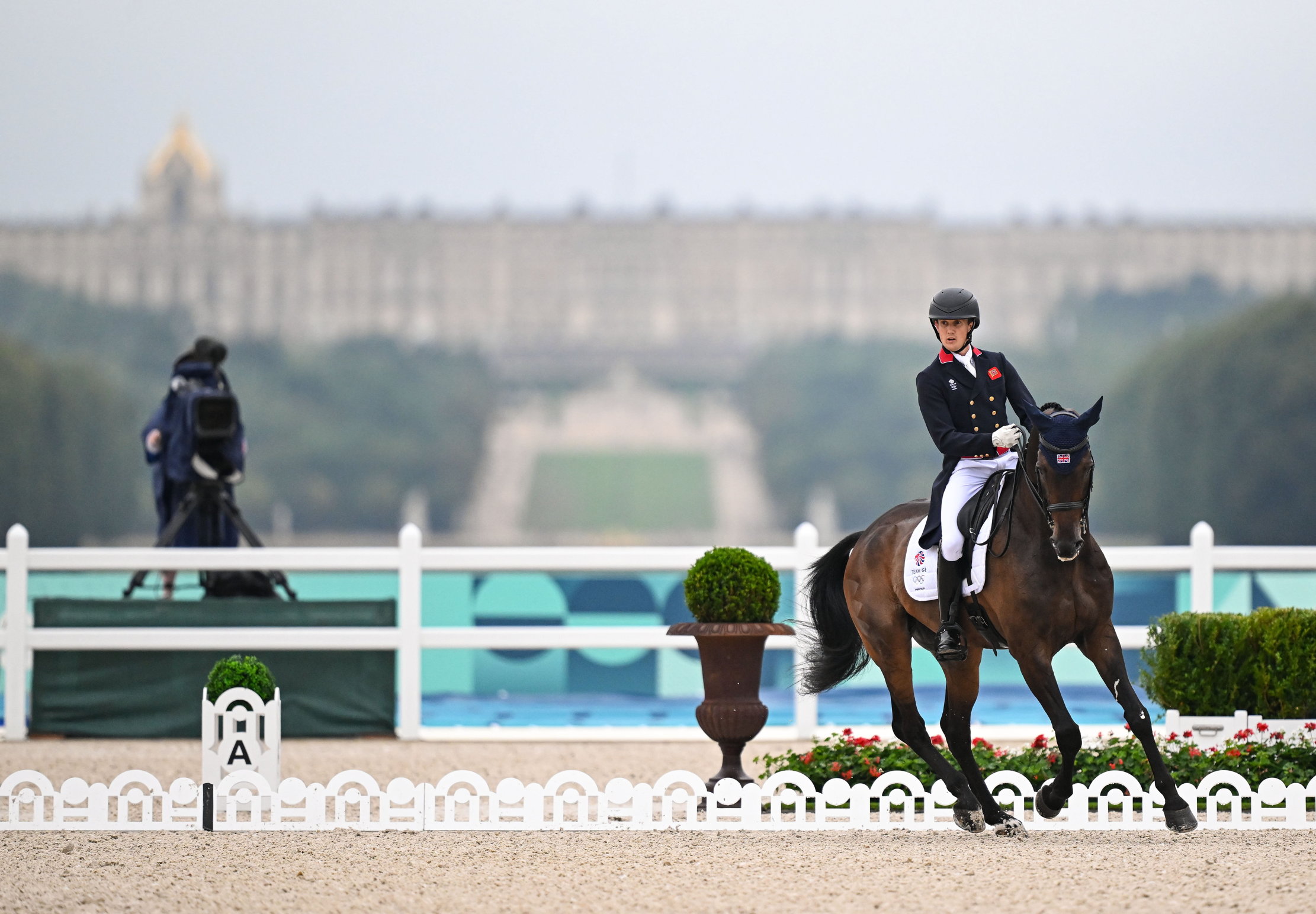
This includes France’s Nicolas Touzaint, a team silver medallist on home ground, and two members of the team that clinched Japan’s first ever championship medal, bronze: Ryuzo Kitajima and Toshiyuki Tanaka. World number six Tim Price, a Dorset-based New Zealander, and his wife, Jonelle, have four horses between them and Swiss Olympian Felix Vogg, the first from his country to win a five-star (Luhmuhlen), will contest his first Burghley. In all, 10 nations are represented.
British equestrianism is riding high after a splendid Olympic medal haul of two team golds — the showjumping trio of Ben Maher, Harry Charles and especially Scott Brash were exquisite in their horsemanship — and a thoroughly deserved bronze for the beleaguered dressage team (Lottie Fry, Carl Hester and Becky Moody). However, all had to front up to curious media interrogation about the downfall of the much-garlanded dressage rider Charlotte Dujardin after the extraordinarily timed release of a video showing her flicking a training whip at a horse’s hind legs.
Mr McEwen, renowned as a quiet horseman with a lovely empathetic touch, was first through the mixed zone: ‘These horses are looked after like kings and queens,’ he told the press pack, not all of them horsey. ‘I do believe that this week [in Paris] all of us here can show [eventing] to be the amazing sport it is.’
Sign up for the Country Life Newsletter
Exquisite houses, the beauty of Nature, and how to get the most from your life, straight to your inbox.
As far as a heated social-media world is concerned, however, all horse sport comes under one heavily scrutinised bracket. The person who released the video said they were ‘saving dressage’ — in fact, they could do the opposite. The International Olympic Committee is continually looking at swapping sports in and out of the movement and equestrian disciplines have been a target for decades.
Eventing, with its three phases (dressage, cross-country and show jumping) and its risk element, demands above all trust between human and horse. It’s a brilliant sport that rewards kind horsemanship, courage and partnership and we must hope the glorious backdrop of Burghley showcases it to its best.
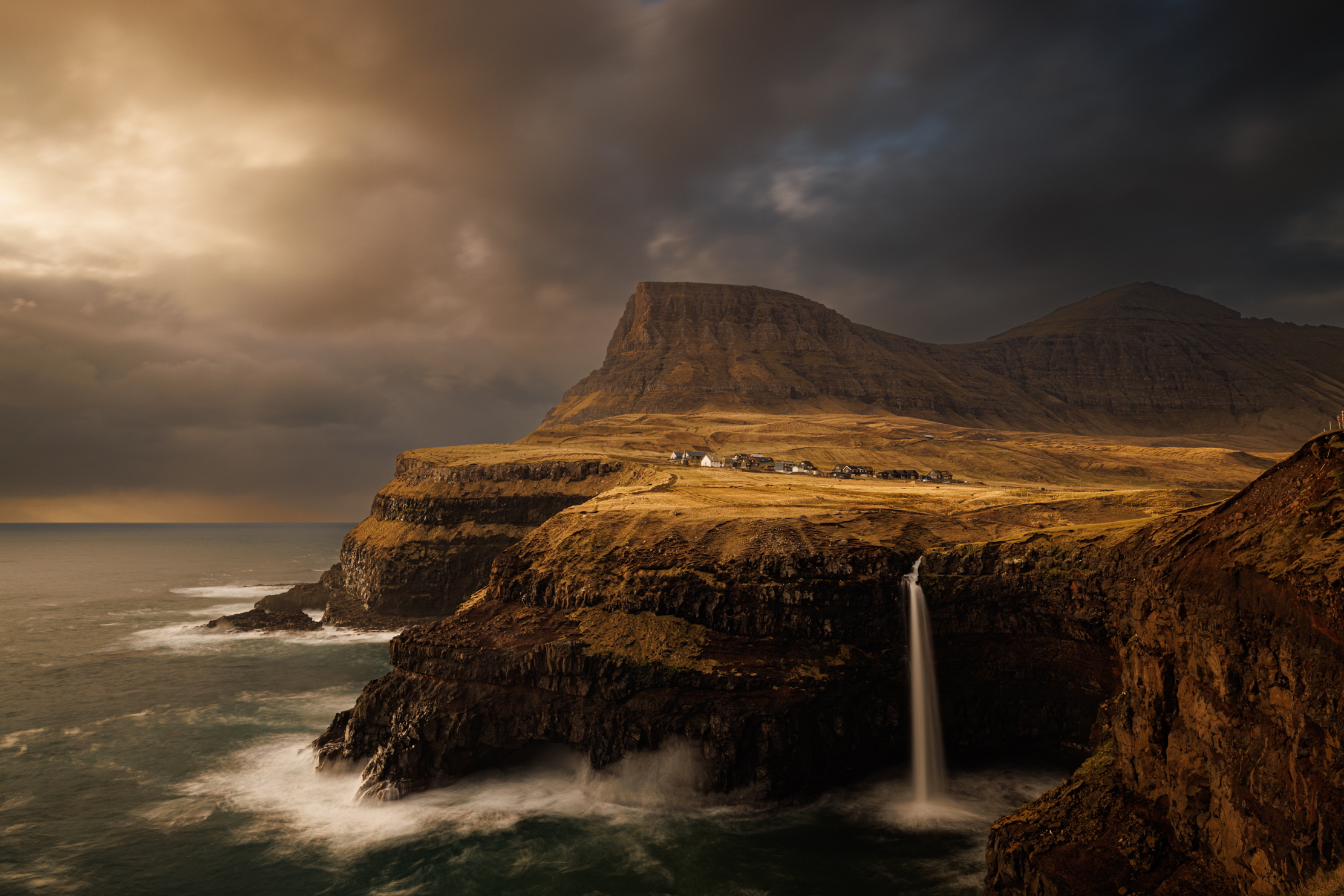
Leading landscape photographers share their secrets in latest Light & Land exhibition
Charlie Waite, Bill Ward, Astrid McGechan, Ed Rumble and Charlotte Bellamy are some of the many famous names who will
-
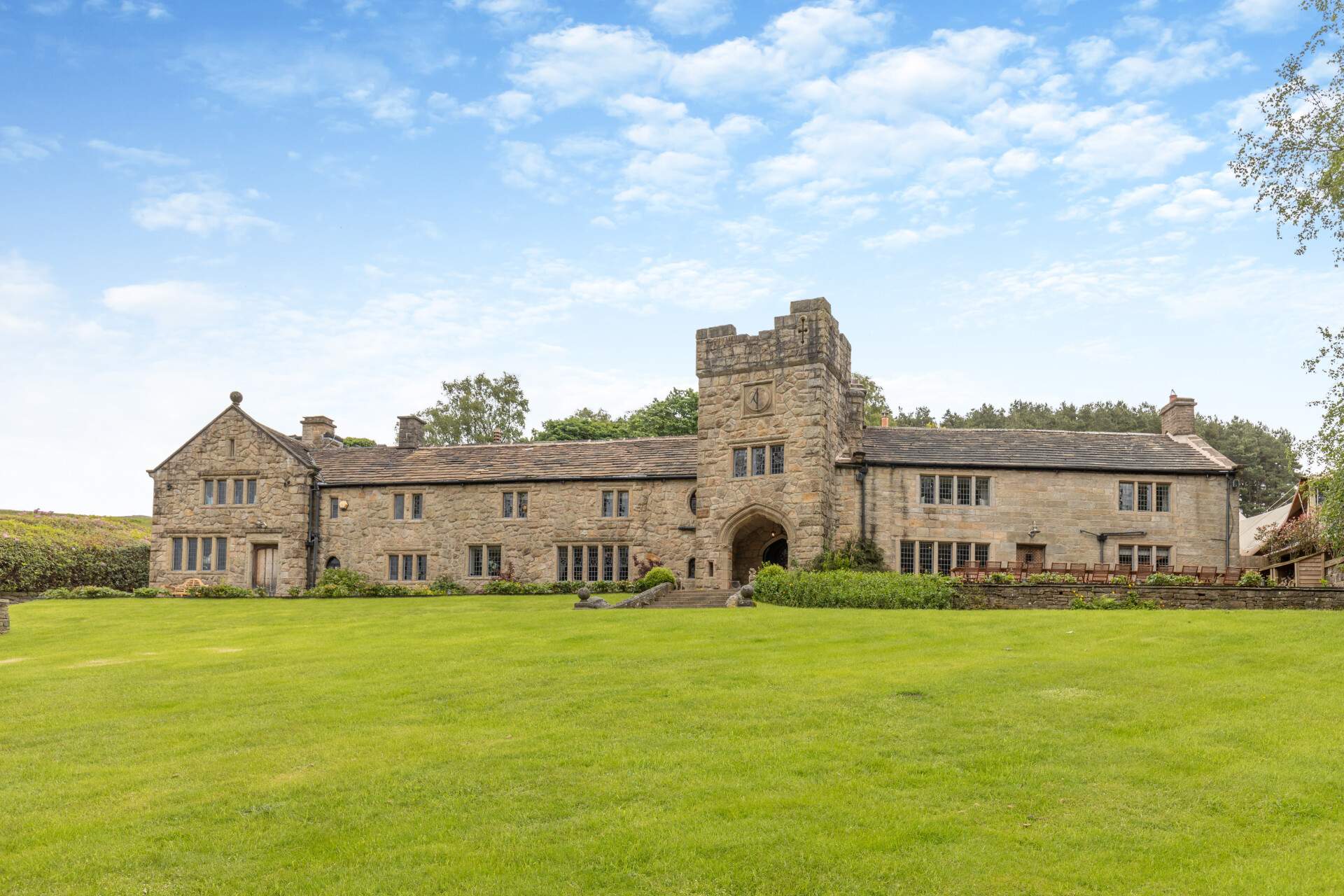 Some of the finest landscapes in the North of England with a 12-bedroom home attached
Some of the finest landscapes in the North of England with a 12-bedroom home attachedUpper House in Derbyshire shows why the Kinder landscape was worth fighting for.
By James Fisher
-
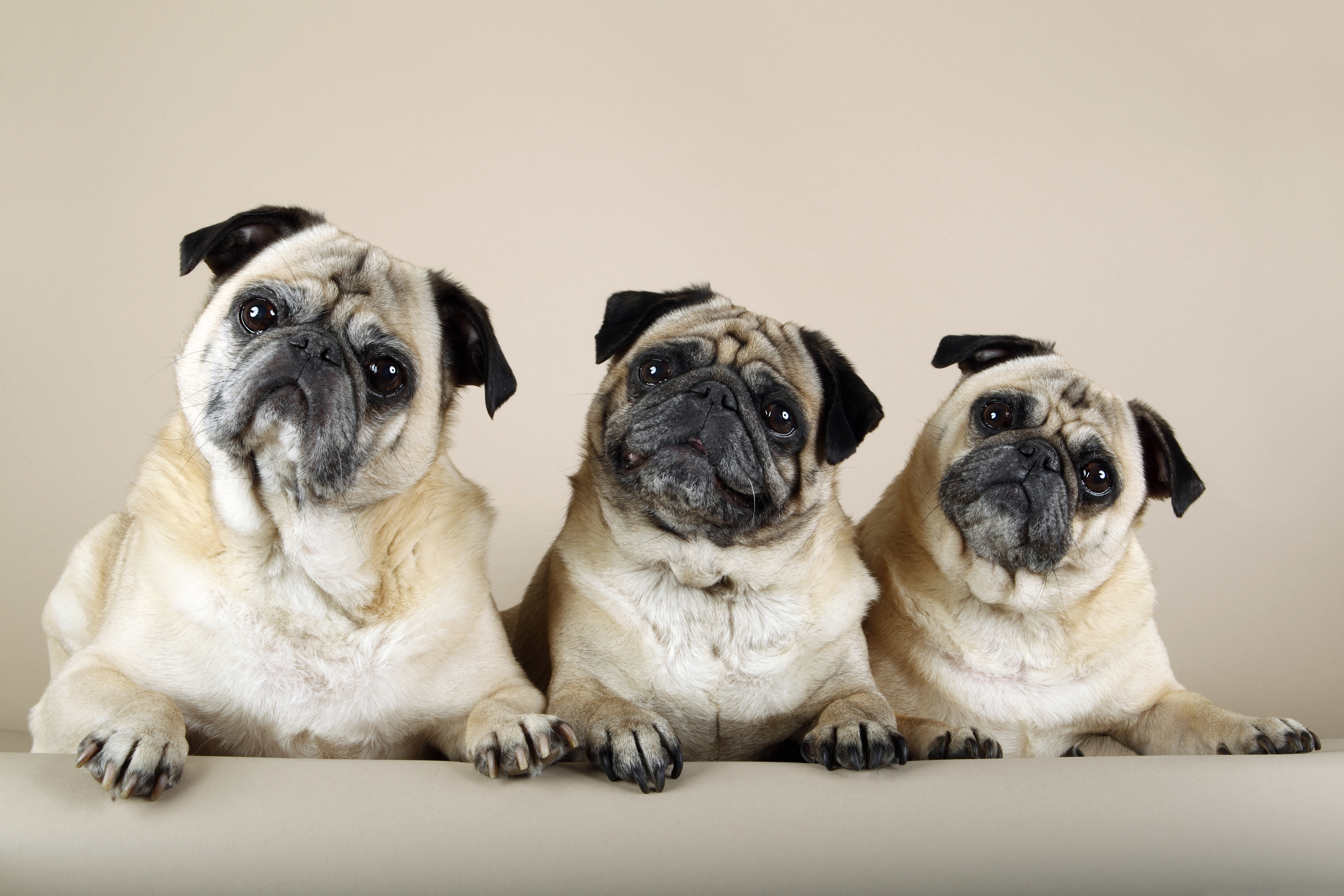 The Great Gatsby, pugs and the Mitford sisters: Country Life Quiz of the Day, April 16, 2025
The Great Gatsby, pugs and the Mitford sisters: Country Life Quiz of the Day, April 16, 2025Wednesday's quiz tests your knowledge on literature, National Parks and weird body parts.
By Rosie Paterson